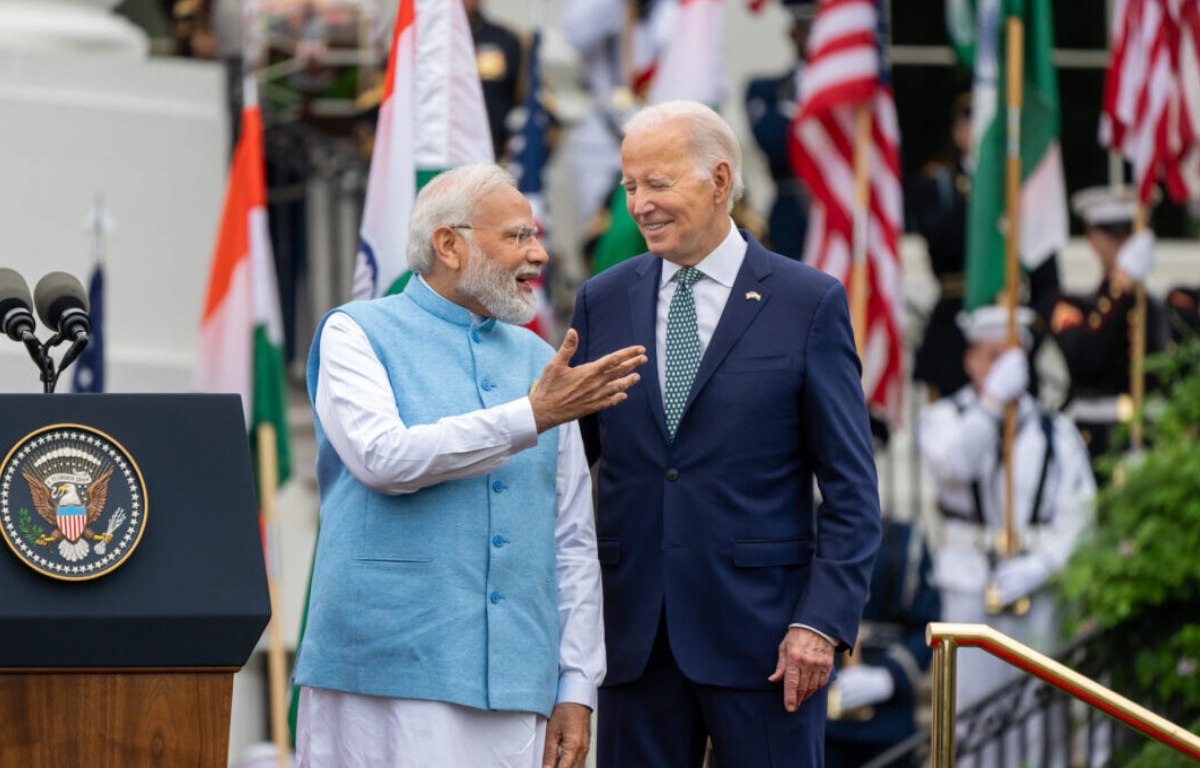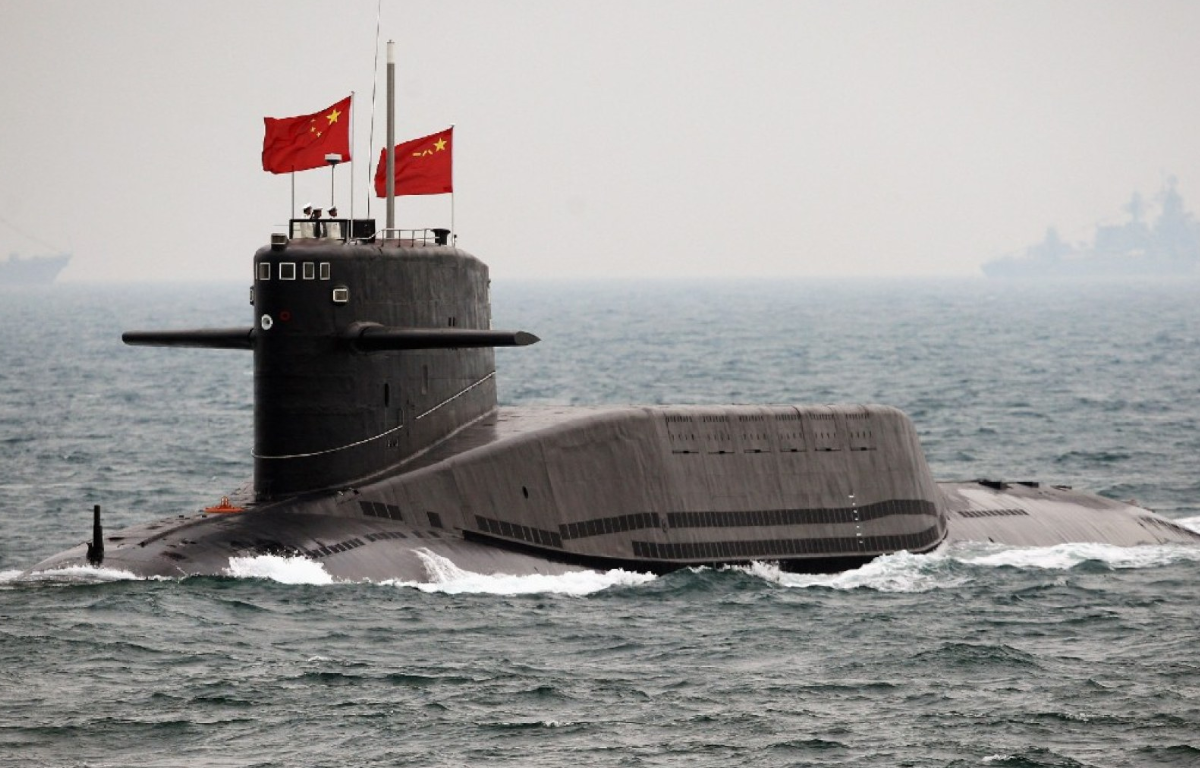
In the wake of the U.S. withdrawal, the Taliban confronted immediate and pressing issues. Foremost among these was the urgent need to provide governance, public services, and economic stability to a nation ravaged by years of conflict. Afghanistan’s economy had been heavily dependent on international aid, which was abruptly cut off as Western nations disassociated themselves from the Taliban government. The group urgently required an alternative source of support to prevent a looming humanitarian crisis.
China emerged as a viable partner for the Taliban due to its deep pockets, expanding regional influence, and willingness to engage with Afghanistan. China had previously maintained diplomatic relations with the Afghan government, and the possibility of Beijing filling the void left by the U.S. withdrawal proved strategically advantageous for both parties.
China’s involvement could manifest in several critical ways. First, China’s economic aid and investment could prove pivotal for the Taliban. Afghanistan boasts abundant natural resources, including minerals like lithium, copper, and rare earth elements, of great interest to China’s burgeoning tech industry. In exchange for access to these resources, China could provide substantial economic support to the Afghan government.
Furthermore, China’s renowned expertise in infrastructure development could play a transformative role in Afghanistan. The country’s long history of conflict has left its infrastructure in ruins. Chinese investment in vital sectors such as roads, railways, and energy projects could significantly boost economic development and stability, laying a foundation for Afghanistan’s future.
Strategically, a stable Afghanistan aligns with China’s interests in curbing the spread of extremism and securing its western border regions. Simultaneously, the Taliban seeks international recognition and legitimacy. Partnering with China could potentially address both parties’ concerns and offer a pathway to global acceptance.
However, this partnership is not without challenges and concerns. China has faced substantial international criticism for its human rights record, particularly regarding issues such as Xinjiang. Aligning with the Taliban, which has its own checkered human rights history, risks inviting further backlash and damaging China’s global reputation. Additionally, the Taliban must strike a delicate balance between engaging with China and maintaining relations with other nations, particularly those in the West, to avoid international isolation. The economic viability of Afghanistan’s resources, which hinges on factors like security, infrastructure, and political stability, is another hurdle that must be addressed to attract Chinese investment.
The Taliban’s outreach to China signifies its acknowledgment of the immense challenges it confronts in governing Afghanistan post-U.S. withdrawal. While a partnership with China offers both economic and political advantages, it carries inherent risks and complexities. The world watches closely as the Taliban endeavors to secure its position on the global stage, with its engagement with China serving as a pivotal component of its strategy. Only time will reveal whether this alliance will help stabilize Afghanistan or further complicate its already intricate future.










Share this: